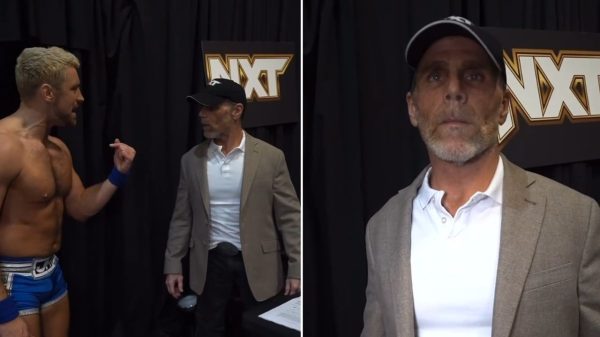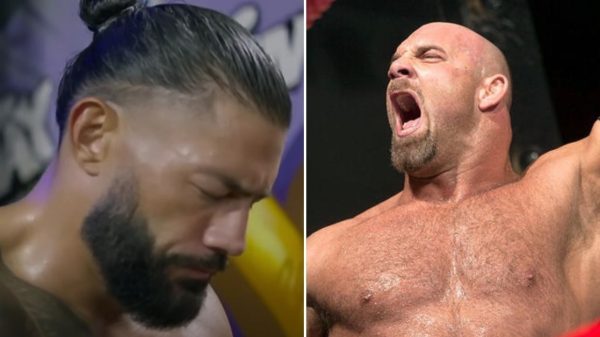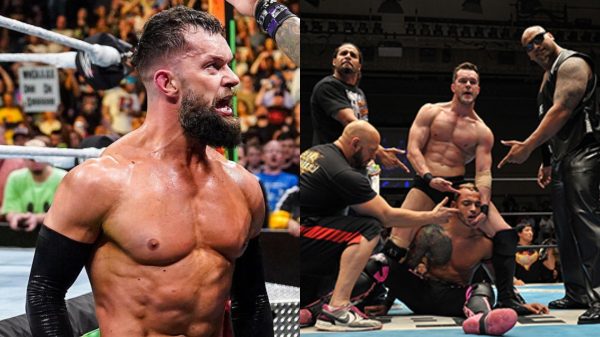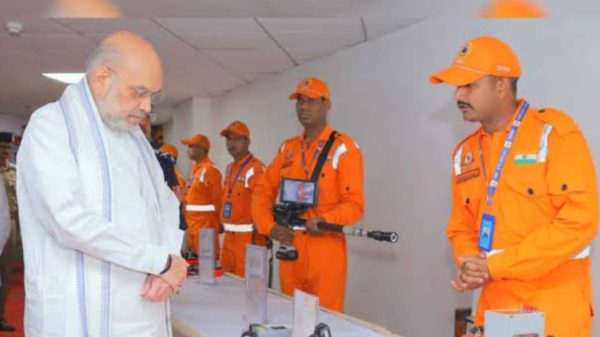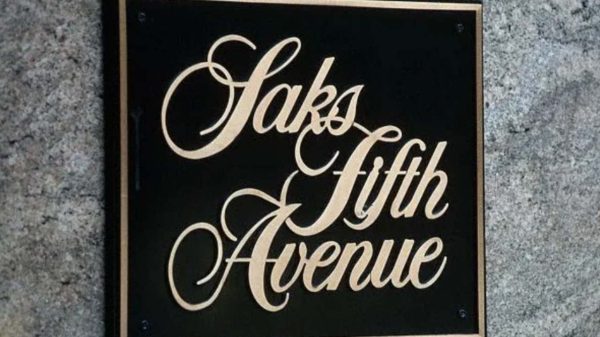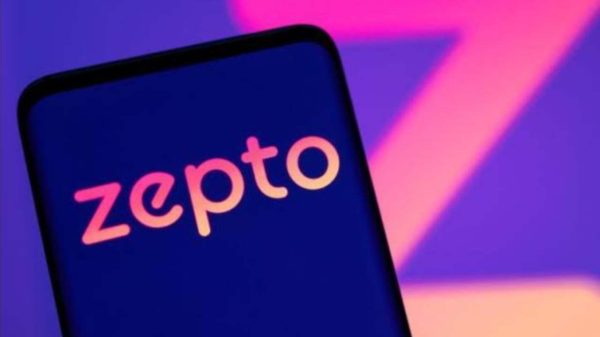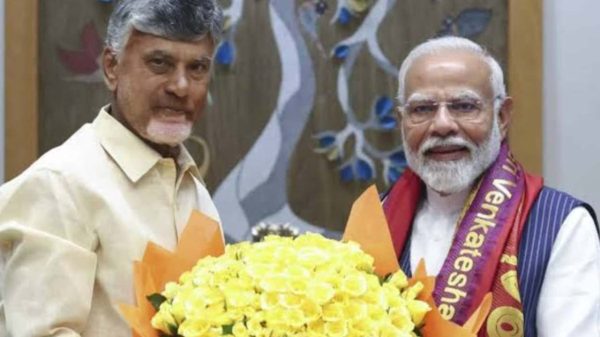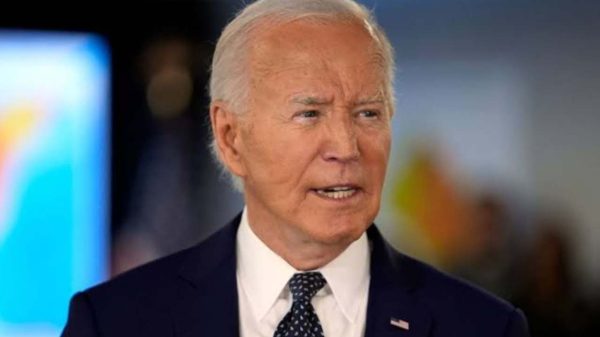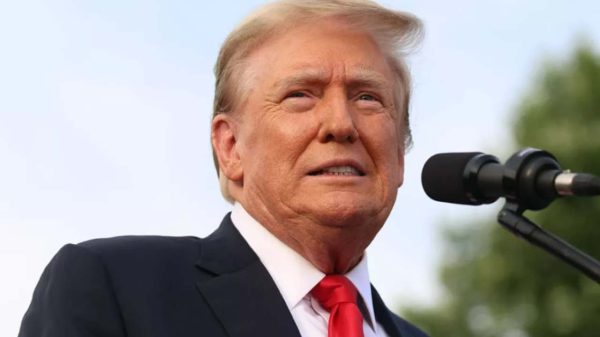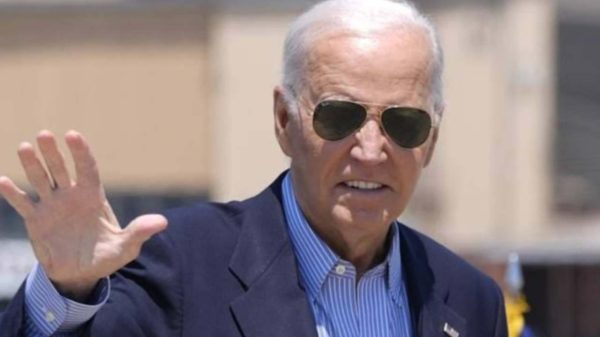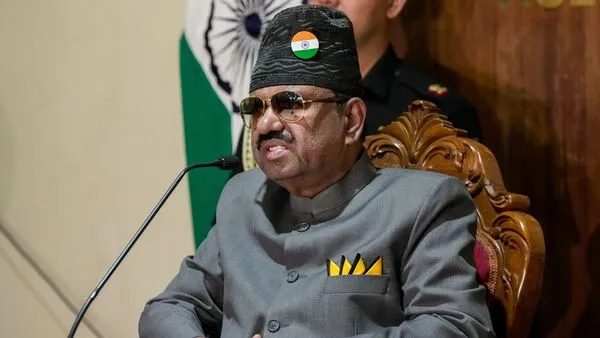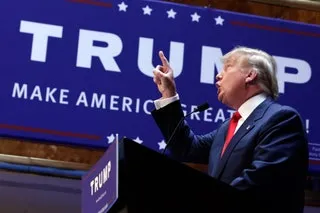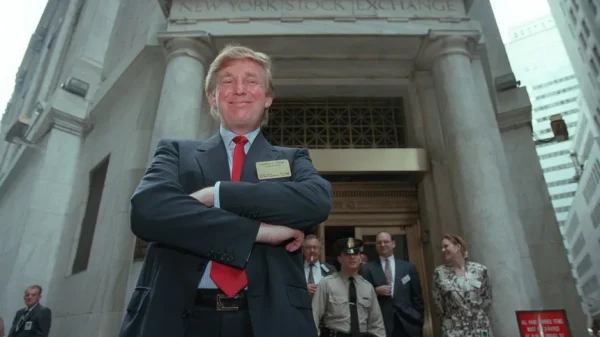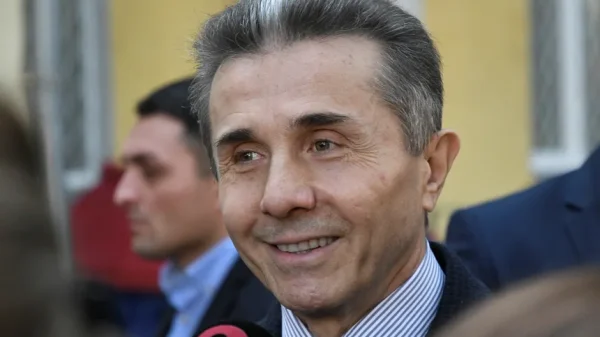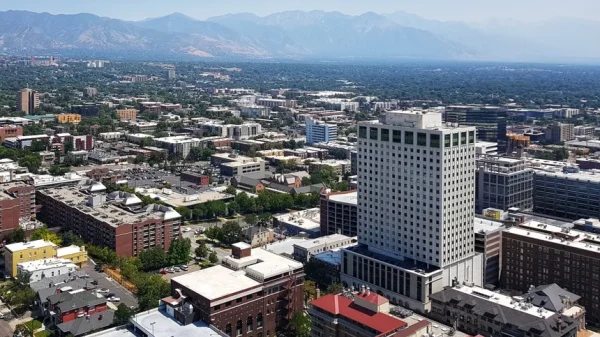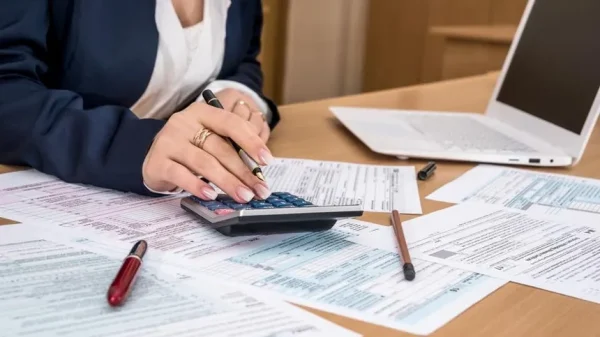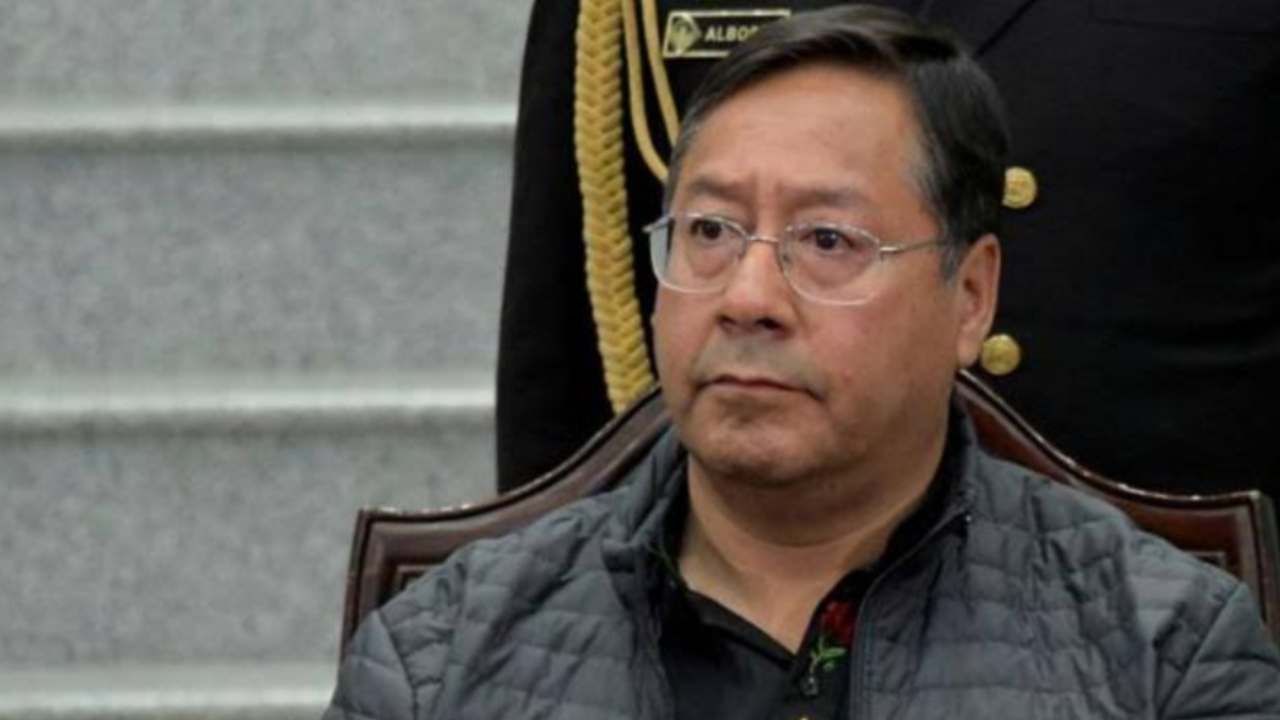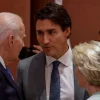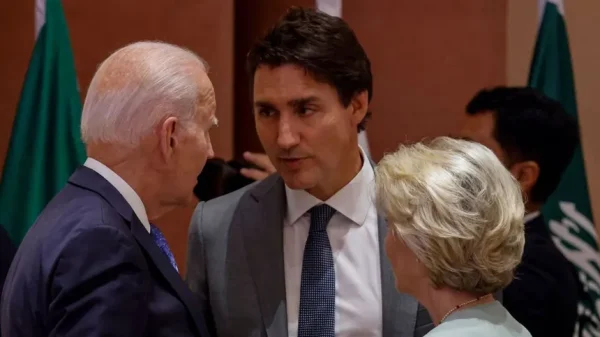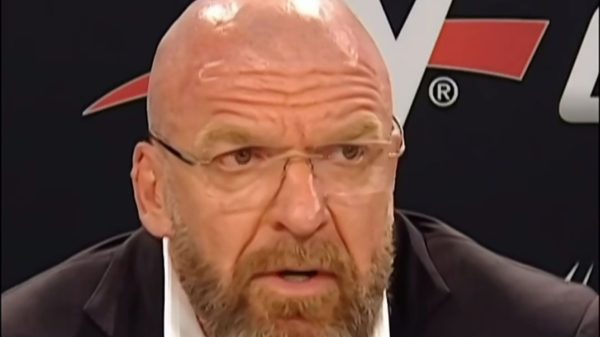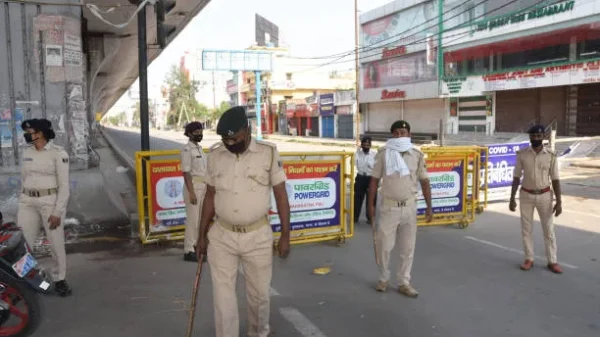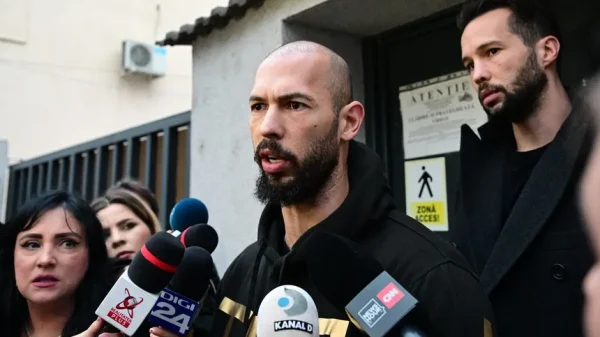President Luis Arce of Bolivia, who previously served as the economy minister, confronted a coup attempt recently when armed forces briefly occupied La Paz’s central square and entered the presidential palace.
Arce, 60 years old, assumed office in 2020 following a turbulent period marked by allegations of fraud in the 2019 election, leading to widespread protests and the resignation of then-President Evo Morales.
His administration has navigated challenges to stabilize the political situation in Bolivia.
The relationship between former allies turned rivals, President Luis Arce and former President Evo Morales, has evolved into a competition as both are considering presidential runs in next year’s election.
They each lead factions within the Movement to Socialism (MAS) party, Bolivia’s dominant political force.
Earlier this year, protests erupted following a court ruling that barred Morales from running for president again.
These protests disrupted Bolivia’s main highway and had economic repercussions, exacerbating shortages of dollars and fuel amid declining gas output and exports from the landlocked nation.
President Luis Arce, a former economist who maintained a low personal profile, originally gained prominence as Evo Morales’ protégé. He played a pivotal role in formulating the economic strategy that supported Morales’ successful presidential bid in 2005.
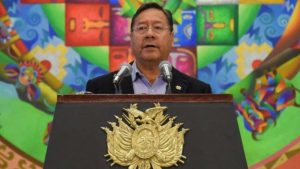
President Luis Arce of Bolivia
After Morales assumed office, he appointed Arce as economy minister in 2006, a position Arce held for more than a decade.
Arce is credited with overseeing Bolivia’s economic policies during a period often referred to as the country’s growth “miracle” in the 2000s.
This era saw significant economic expansion driven by booming commodities such as natural gas, metals, and soybeans.
His policies were praised for contributing to lifting many Bolivians out of poverty, marking a transformative period for one of South America’s poorest nations.
President Luis Arce’s tenure has been marked by significant political and economic challenges.
During Evo Morales’ presidency, Arce’s policies, including the nationalization of sectors like oil and gas, drew criticism from investors but also contributed to economic growth in Bolivia.
Toward the end of Morales’ long rule, Bolivia experienced economic slowdowns and growing opposition to his bid for a fourth term, culminating in the disputed 2019 election and subsequent political crisis.
Morales resigned amid protests and violence, leading to the interim presidency of Jeanine Anez.
Arce’s election in 2020 initially brought a semblance of stability, with Morales returning from exile.
However, his administration has grappled with economic issues, notably a shortage of U.S. dollars that strained the economy and prompted credit-rating downgrades.
The recent coup attempt, led by General Juan Jose Zuniga, reflects ongoing political tensions in Bolivia. Zuniga and his supporters have accused the Arce government of mismanagement, claiming it has led to economic impoverishment in the country.
President Luis Arce’s administration has pursued agreements with Russian and Chinese firms aimed at developing Bolivia’s extensive lithium reserves, which are crucial for batteries used in electric vehicles, cell phones, and laptops.
Despite these efforts, the divided legislature in Bolivia has not yet approved any of these contracts.
Lithium is increasingly seen as a strategic resource globally, and Bolivia possesses significant untapped reserves of this mineral.
The agreements with foreign firms reflect Arce’s economic strategy to capitalize on Bolivia’s lithium potential, aiming to boost the country’s economy through international partnerships in the technology and energy sectors.


